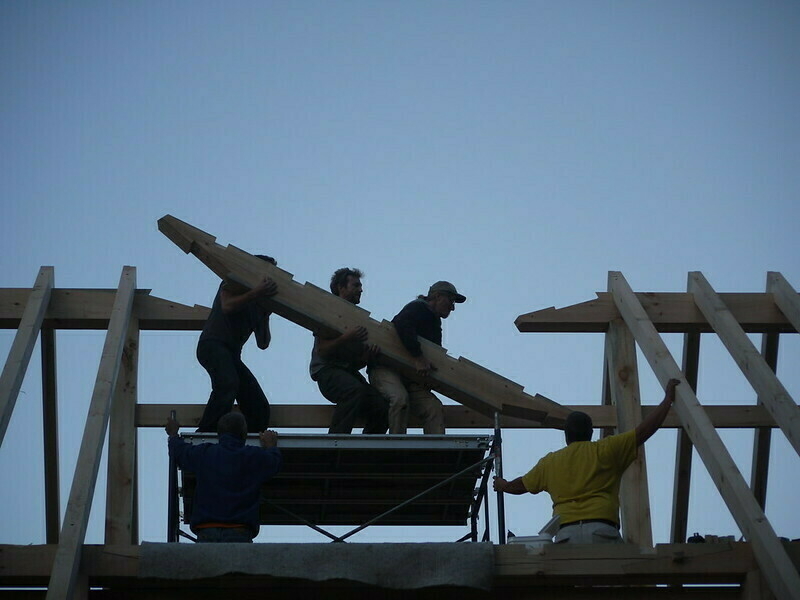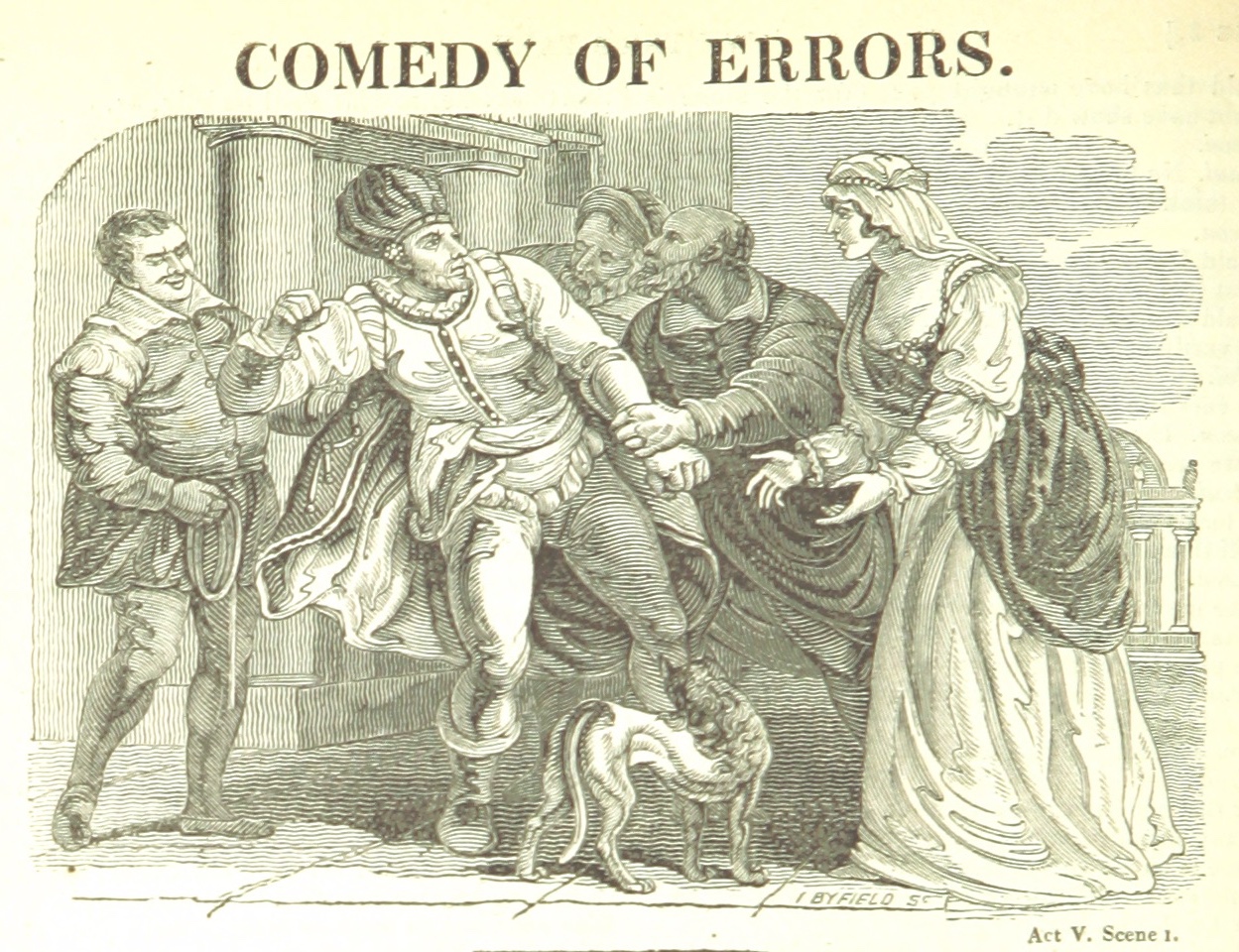I have been (slowly, irregularly) making my way through Jonathan Star’s translation of, and commentary on, the Tao Te Ching. I read another translation of the Tao some years ago and remember little enough of it. I like this edition because Star offers not only a literary translation by line and verse but a verbatim translation: an analysis of the various possible meanings of each character in the original, thus giving the Westerner a better idea of just how difficult and dangerous a literary translation may be. As he explains in his introduction:
Ancient Chinese is a conceptual language; it is unlike English and other Western languages, which are perceptual. Western languages are rooted in grammar that frames events in real time, identifies subject and object, clarifies relationships, and establishes temporal sequences. Ancient Chinese is based on pictorial representations, without grammar. Characters symbolize concepts that can be interpreted as singular or plural; as a noun, a verb, or an adjective; as happening in the past, present, or future. (p. 3)
Any specific literary translation into English should therefore be held lightly—if not taken lightly; the concept is dear, but any specific perception of it is necessarily partial. I offer this as preface to everything I may say about the Tao: I know about enough to be dangerous, and anything I say should also be held lightly (if not, again, taken lightly).
I ought also to admit that I am approaching the Tao with a particular guiding question, which has to do with what I will loosely call good work. This is not the proper way to introduce that concept, but I’ll try to get around to an introduction later. What I mean right now by good work has to do particularly with technological making, and I’m guided to the Tao for insight into questions about work and technology by Alan Jacobs’ essay in the New Atlantis last year, “From Tech Critique to Ways of Living,” which I strongly recommend.
So. This morning I was poring over verse 3, in which the Sage “shows people how to be simple and live without desires,” which is boilerplate religious wisdom, but also “to be content and not look for other ways,” which could be taken as a repetition of the prior line but struck me as subtly and significantly different.


